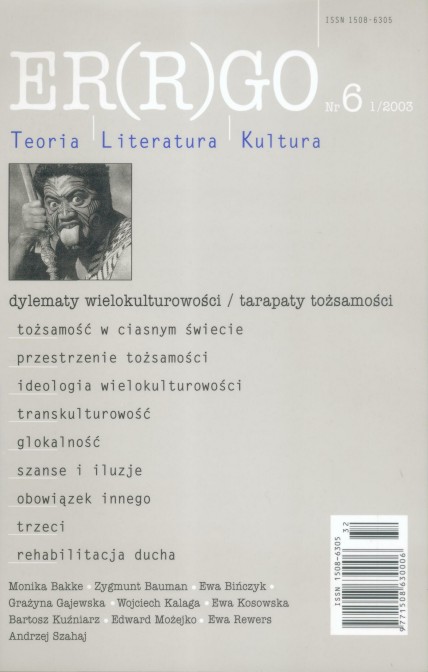
Omówienia: Antropolog w zamkniętym kręgu imputacji
Andrzej P. Kowalski, Myślenie przedfilozoficzne. Studia z filozofii kultury i historii idei, Poznań, Wydawnictwo Fundacji Humaniora 2001
More...We kindly inform you that, as long as the subject affiliation of our 300.000+ articles is in progress, you might get unsufficient or no results on your third level or second level search. In this case, please broaden your search criteria.

Andrzej P. Kowalski, Myślenie przedfilozoficzne. Studia z filozofii kultury i historii idei, Poznań, Wydawnictwo Fundacji Humaniora 2001
More...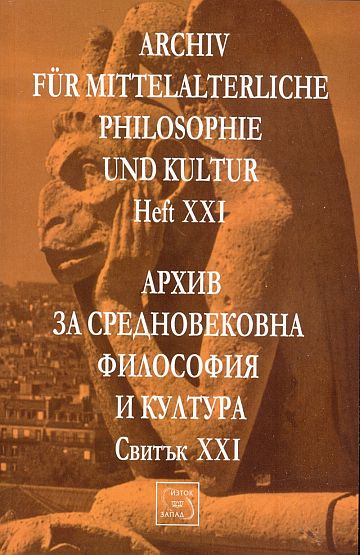
The text celebrates the 30th anniversary of the Summer school in medieval philosophy and culture, established by Tzotcho Boiadjiev in the summer of 1984, and traces the development of the workshop alongside the growth of the Bulgarian school in medieval philosophy. The article traces the historical development of the only academic seminar, started during the time of totalitarian regime in Bulgaria, which is still very much alive, gives opportunity tomany students and young scholarsdevelop research skills and to participate in the academic life of the international studies on the thought of the Middle ages.
More...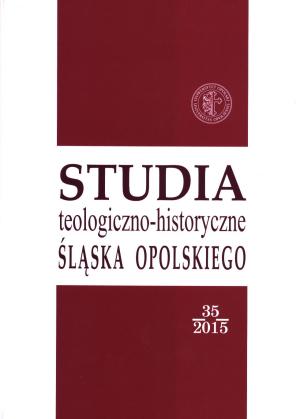
In March 2014 the publishing house Vittorio Klostermann published three more volumes of the writings of Heidegger in the framework of his Collective Edition (Gesamtausgabe). This time they include notes that he made in the years 1933–1942. In his writings the author has affixed the title of Black Notebooks. Along with the release it renewed a debate about the nature of Heidegger’s philosophy and his person. This article attempts to provide preliminary answers to three questions, which, in the context of the new reading of Heidegger are most frequently asked. Firstly, the question is whether the Black Notebooks can teach us something new about relationships between the philosopher and National Socialism and whether it is a reasonable thesis to say that the nature of Heidegger’s philosophy is Nazi – like some authors do. Secondly, the question or Heidegger’s statements about Jews are evidence of his anti-Semitic beliefs, or whether they just belong to certain generally repeated stereotypes. Thirdly, the question about a new philosophical content was put in the analysed notes. Are there ideas contained within which permit a new discourse concerning Heidegger’s thinking? The article points to the difficulties associated with a clear grasp of both the thoughts of the philosopher and his attitudes. “What is genius is ambiguous” – Heidegger was convinced by this and it is in this light which appears, the content of the Black Notebooks.
More...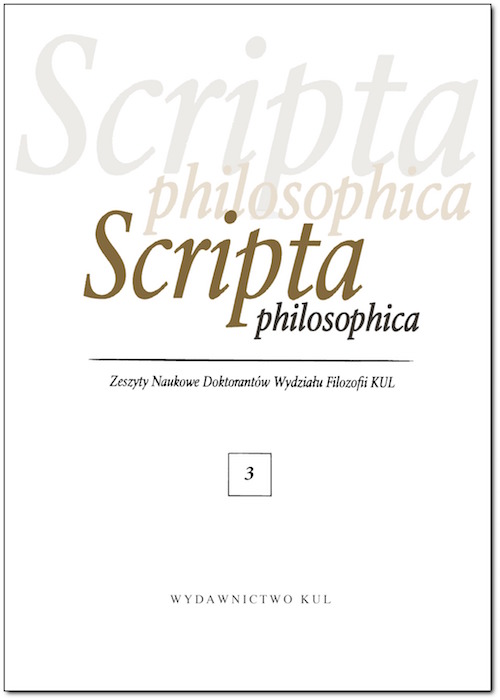

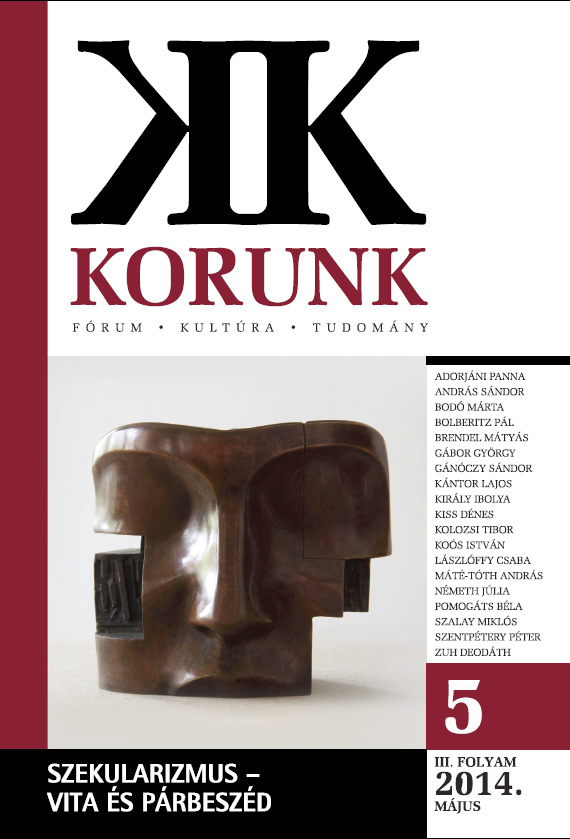
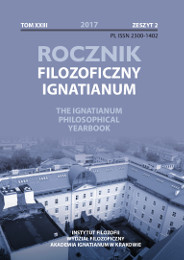
This article issues from a critical analysis of Francisco Suarez’s deliberations regarding the acts and cooperation exhibited by human beings during the process of law-making. Its aim is to systematize the Jesuitical considerations scattered across his various works. The text is intended as a response to the lack of specialist scholarly studies in Polish in this field observable at the present time. It reflects research carried out into the following original Latin texts of Suarez: De legibus ac Deo legislatore (1612), De anima (1621) and De voluntario et involuntario in genere, deque actibus voluntariis in speciali (1629). Suarez, as one of the most refined of the Renaissance philosophers, exerted a tremendous influence on the development of ethics and jurisprudence. The subject of the article itself is both interesting and demanding, requiring as it does an understanding of the principles and forms of human powers — namely, intellect and will. In De Legibus the Jesuit considers the act of legislating as a complex human act on the part of the lawgiver. He distinguishes six acts of intellect and will consequent to which a law can then be created, as well as several indirect acts that have an influence on the process. According to the philosopher, law-making is a consequence of the mutual interactions occurring between acts of the lawgiver’s intellect as it steers both resources towards some given end and the will itself (inasmuch as the latter pursues this goal in accordance with the direction of the intellect).
More...
Thomas Hobbes studied many issues pertaining to language, one of which was the following: is it possible to think at all, and to think abstractly, without language? He assumed that people deprived of language would be able to create their own private languages that would allow them to engage in something understood by them, in their terms, as reasoning. Three hundred years later, Hobbes’s question received an answer from the prominent neurologist and writer Oliver Sacks. Based on his experiences of working with deaf people who do not know any language (including sign languages), Sacks argues that words and other conventional signs are only needed at a certain stage of the thought process. He proves that the scope of thought is much broader than that of words, and that one can, in a certain sense, think without the latter. However, Sacks emphasizes, as Hobbes previously had, that thinking which does not use universally accepted signs is imperfect and incomplete. Such thinking will not be expressed, and so isolates the individual in relation to life in society.
More...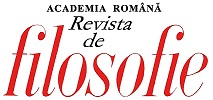
The paper attempts to check whether there is a unity of Romanian systematic philosophy given by some main traits of particular philosophical systems. The main point is that deduction of categories, method, moments of system, and completeness could offer some elements of this national philosophy, together with the search for an integral table of categories, which could bring about the unquestioned legitimacy of using the expression “Romanian philosophy”.
More...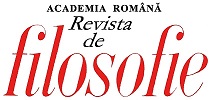
David Hume and Immanuel Kant are two of the most representative exponents of modern philosophy and the European Enlightenment of the 18th century. Their multilateral philosophical research approached the fields of metaphysics and ethics. Their metaphysical visions contain ideational and finalist similarities, even if the Humean one is marked by scepticism and the Kantian one is influenced by idealism. Instead, their ethical conceptions, which start from different premises, are situated in antithetical positions. Hume bases his ethics on the pre-eminence of feelings and passions over reason, while Kant builds his ethical project on the value of reason to the detriment of feelings. The question that arises is to what extent their metaphysical and ethical conceptions can actually be applied to a concrete and diverse human experience. The suggested hypothesis is that their degree of applicability, relevance, or usefulness in particular cases of concrete human experience is relatively small. The conclusion is that the objections and criticisms made about their metaphysical and ethical views support this hypothesis.
More...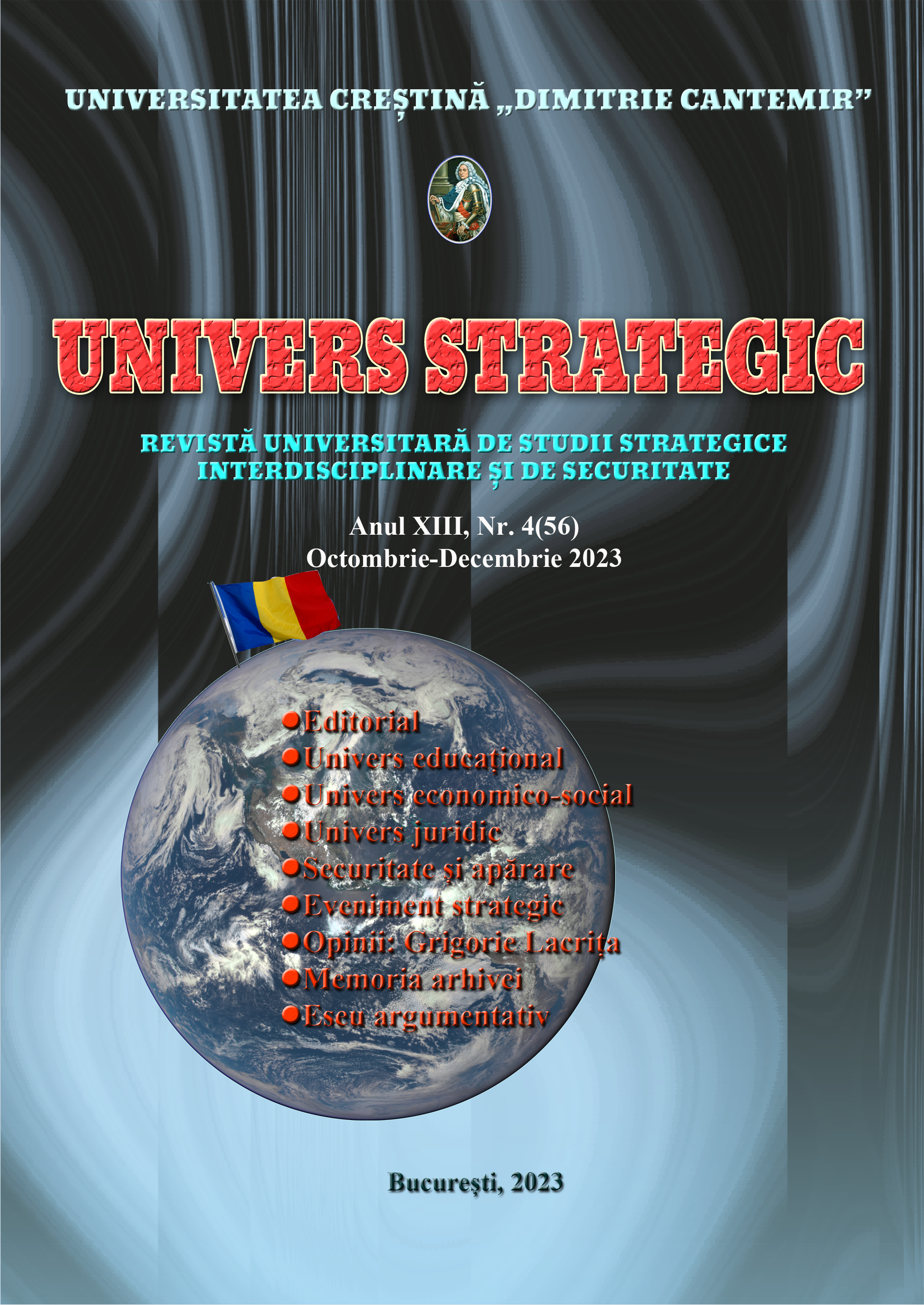

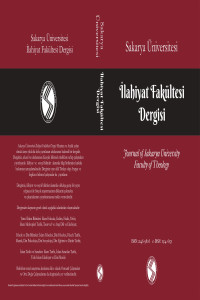
The History of Rasselas, Prince of Abissinia; Rasselas a Tale is one of the most popular of Dr. Samuel Johnson’s (1709-1784) works. Early readers of the book viewed it as a work of philosophical and practical importance and found it difficult to classify as a novel. Although Johnson wrote the book nearly 250 years ago, it continues to engage readers in discovering profound themes such as the meaning of life, death, marriage, learning, action versus inaction, and many other topics. Johnson does not address happiness based on moral theories. Johnson's emphasis on morality as the voice of God aligns with the practical spirit of his time. During his time the views of John Locke (1632-1704) and David Hume (1711-1776) had discredited metaphysics in England, as well as in the rest of Europe. Johnson's moral thought, which turned to the field of morality, is closely related to his religious attitude. According to him, metaphysics was beyond human comprehensio. However, the dogma of the Church of England, as a reasonable institution and the guardian of morality and social peace, should be accepted without question. While the origins of evil were mysterious, its consequences were evident and needed to be combatted. He believed that man's most important weapon against the evils of life was the use of reason. The subject is explained through the perspective of the moral agent the human being and, the life and conditions they experience. He tells us that “the basis for happiness is the agent and his conditions.” Happiness is found in seeking and achieving rather than in what is achieved. The Prince of Abyssinia is similar in plan and structure to Candide, which was written by Voltaire to refute the system of optimism. However, their conclusions differ significantly. The work explores almost every element that people think of finding happiness and states that they cannot give what they want. It provides examplese of individual from all walks of life, from managers to servants, from the elderly to the young, from the wise to the ignorant. All events started with the hope of happiness but ended in disappointment. Dr. Johnson, as a productive writer, has created his literary work, which is dominated by intellectual and philosophical conversations, in a way that will progress quite quickly with action and various characters. It is especially the case that subjects that have an important place in moral philosophy are told in a literary way. However, the approach to the subject in differs from the at in literature. There is a desire to appeal to a different audience by looking at the subject in a different way. Literature is suitable for daily life. In contrast those who emphasize intellectual and intellectual abilities turns to philosophy to interpret the subject.
More...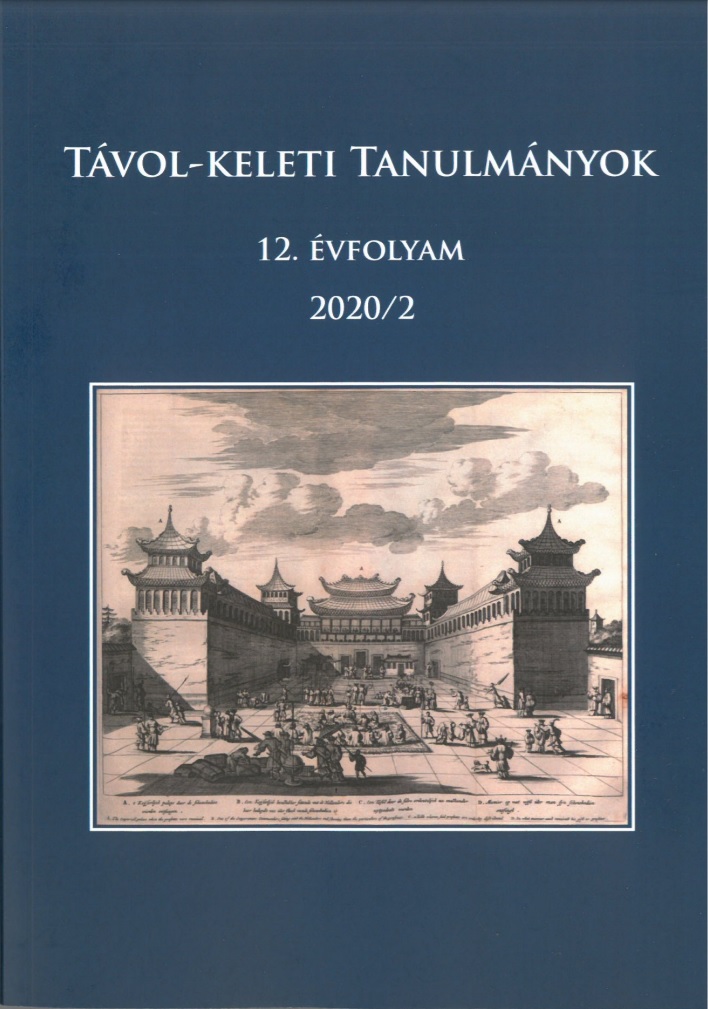
It is a well-known fact in the history of Chinese philosophy that the 5th–4th centuries B.C. witnessed vigorous debates between Confucians and Mohists. We have three types of sources at our disposal reporting on the debates between representatives of these two groups: 1. External sources, which report on the debates from the point of view of external observers belonging to neither group; 2. Confucian sources, which predominantly contain Confucian criticism of Mohism; 3. Mohist sources, which in turn primarily detail the Mohist criticism of Confucian views. In the present study, I examine the third category.
More...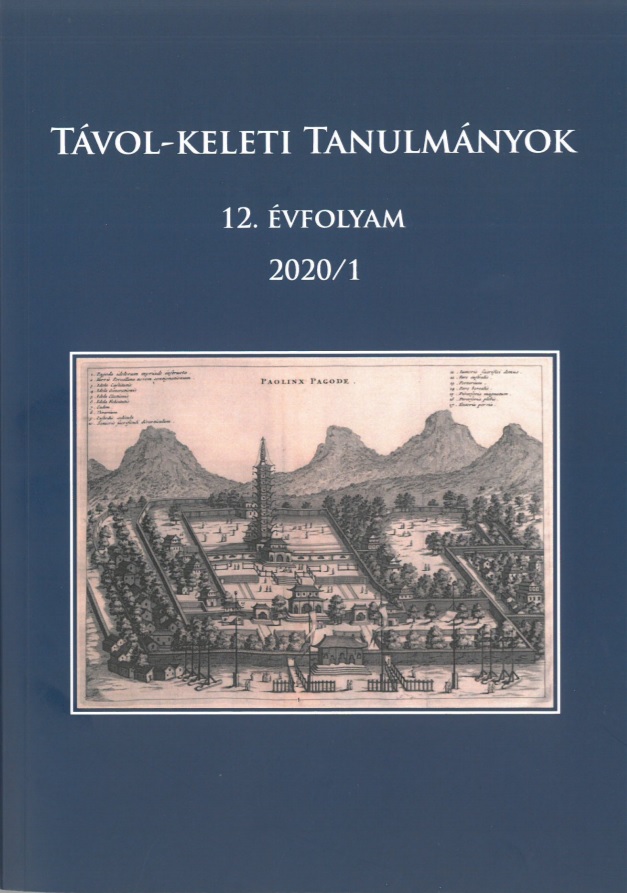
It is a well-known fact in the history of Chinese philosophy that the 5th–4th c. B.C. witnessed vigorous debates between Confucians and Mohists. We have three types of sources at our disposal reporting on the debates between the representatives of these two groups: 1. External sources, containing reports on the debates by external observers not belonging to either group; 2. Confucian sources, which predominantly contain Confucian criticism of Mohism; 3. Mohist sources, which in turn primarily detail the Mohist criticism of Confucian views. In the present study, I examine the first and the second categories.
More...
Maruyama Masao was one of the most influential figures of 20th century Japanese thought. In many of his most important writings he was focusing on historical periods in which he detected certain forces that could spur on Japanese society in its ‘progression’ or, on the contrary, certain obstacles that had ‘delayed’ it. In the present paper I examine Maruyama’s interpretation of these factors. I will compare his interpretation of the Tokugawa era with his understanding of his own times, i.e., post-World-War II Japan, focusing on the characteristics of his historical understanding that have their roots in European philosophies of history.
More...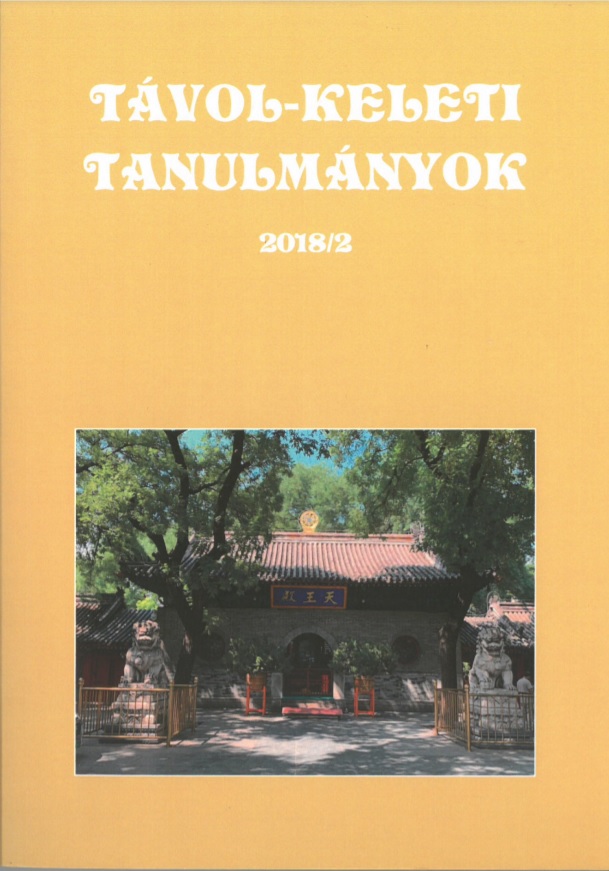
The power-technical aspects and the methods of governance of Laozi’s work are the less widely discussed topics of sinological literature on classical Chinese philosophy. The tension caused by the duality in the paradoxes in connection with the textual cohesion problems in the Daodejing’s reading is the starting point for our analysis. An inherent way to resolve the tension was made possible by an original text-critical distinction, in which we can examine the divergent and convergent aspects of the shengren-teaching that constitutes the Daoist concept of governance. With the help of an analytical technique based on a close reading of the texts, in addition to the systematic discussion of the chapter relevance, Laozi’s first man, the sage shengren can be recognized and portrayed in four different roles: as a wise hermit, as a kind of rulers’ helper, as a ruler who becomes a shengren and as a shengren who becomes a ruler. These descriptions make it easier for us to understand the complex-heterogeneous system of the Daodejing’s governance.
More...
In the first part of the present study (East Asian Studies 2017:2) I examined the techniques used by Meiji intellectuals in translating Western philosophical terms. In the present paper, I widen the scope of that analysis by examining the problems of positioning Japan in the context of what is called “world history” in Western philosophical tradition. This was an extremely challenging task, as most of the interpretations of Weltgeschichte placed “the East” as such on the starting point of the historical progress. This idea cannot easily be harmonised with the notion of kokutai 国体, which seemed to be, on the other hand, a prerequisite of building a Western-like “nation-state” in Japan. In this paper I examine the ways in which leading Japanese intellectuals such as Katō Hiroyuki 加藤弘之, Mori Arinori 森有礼, Sakatani Shiroshi 坂谷素, Watsuji Tetsurō 和辻哲郎 and Nishida Kitarō 西田幾多郎 handled the tension between the “West” and the “East”, and how Japan was reflected in the “mirror” of the West in their writings.
More...
The Taoist teaching breaks with the Confucian standards, norms and values. The discernment and striving of the wise (shengren 聖人) were focused on complying with dao 道. The internal strain of Laozi is due particularly to the fact that that in some way it says something about 'the unspeakable' and while ‘speaking the ineffability’ it declares the dao to be incomprehensible and unfathomable. The human construction of opinion creates “names” (ming 名), but any denomination will spoil the harmony between dao and de 德. Knowledge which cannot be expressed in words is the ‘knowledge’ of the “sage man” (shengren 聖人), which introduces into the “influence”, the “operation” (de 德) of the hidden, non-experienceable dao. By “non-action” (wuwei 無為) the “sage man” will achieve non-intervention; that is to say, identifying with the dao helps it to be presented through him. The Zhuangzi, questioning the method of cognition based on distinctions, will ask whether it is possible to talk about “reality” (shi 實), or our solutions are illusory, since a name is merely “pointing a finger” (zhi 指), “the name is the guest of reality”. For the shengren there is no “this” (shi 是) or “that” (bi 彼), or privilege of any object or value: he sees things in unity, in the unity of dao. Teaching about dao cannot be conveyed by words: understanding of things is only possible by direct intuitive insight. The Laozi presents the Confucian values – such as “ceremony” (li 禮), “humanity” (ren 仁), “fairness” (yi 義), “respect for parents” (xiao 孝) - as a consequence of the loss of the dao. According to the Zhuangzi, access to the dao requires departure from “All-Under-Heaven” (tianxia 天下), from the hierarchical world of people, from civilization.
More...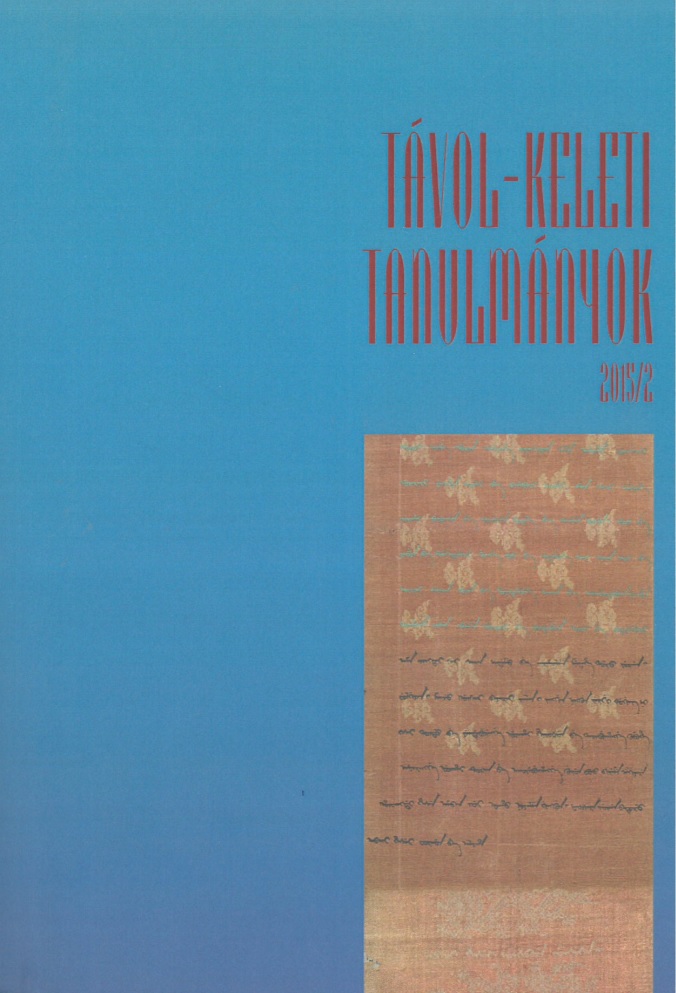
The Yogācāra school of Buddhism, dating back to the 4th century CE, is traditionally considered as ‘idealism’. Even the alternative name of the school, vijñaptimātra (‘perception-only’), suggests this interpretation, according to which it is only perception that really exists. In light of the detailed philosophical analysis of Vasubandhu’s Viṁśatikā, this article concludes with a brief overview of the main theories concerning Vasubandhu’s metaphysical view, showing its similarity to the more familiar European idealist concepts, but hopefully even more the characteristics that make his idealism uniquely Buddhist.
More...